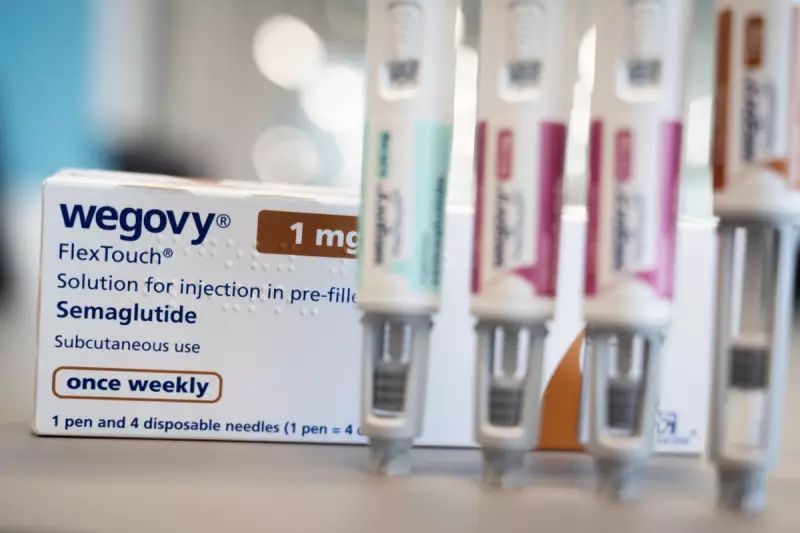
The pharmaceutical landscape is shifting as blockbuster weight-loss medications originally developed for diabetes and obesity are now being rigorously tested for a surprising range of other serious health conditions.
This expansion comes despite a recent setback for Danish firm Novo Nordisk, which announced that an older version of its semaglutide drug failed to meet its primary goal in late-stage Alzheimer's trials.
Trials and Tribulations: The Alzheimer's Setback
In a significant development, Novo Nordisk revealed that Rybelsus, a pill form of semaglutide approved for type 2 diabetes, did not succeed in slowing cognitive decline for patients with early-stage Alzheimer's disease.
The result, derived from two major trials involving a combined 3,808 patients, deals a blow to hopes that Alzheimer's could become a major new market for GLP-1 medicines. This is particularly relevant as Novo faces increasing competition for its core products, Ozempic and Wegovy, in the obesity and diabetes treatment sectors.
A Broad Spectrum of Potential Applications
Beyond the Alzheimer's outcome, research is actively exploring the potential of these drugs across numerous medical fields.
Cardiovascular Health
Novo Nordisk scored a notable victory in 2024 when the U.S. Food and Drug Administration approved Wegovy to reduce the risk of cardiovascular death, heart attack, and stroke in overweight or obese adults without diabetes.
Furthermore, the European Medicines Agency endorsed the use of Novo's semaglutide in September 2024 to help ease heart failure symptoms in people with obesity. Meanwhile, rival Eli Lilly had been testing its drug tirzepatide for heart failure patients with obesity but withdrew its U.S. application for this use in May.
Liver and Kidney Disease
In a landmark move, Wegovy became the first GLP-1 therapy approved in the U.S. in August to treat adults with metabolic dysfunction-associated steatohepatitis (MASH), based on initial late-stage trial results. The second part of this trial, involving around 1,200 patients, is expected to conclude in 2029.
Lilly's tirzepatide also showed promise, helping up to 74% of patients achieve absence of MASH without worsening liver scarring in a mid-stage trial.
For kidney health, Novo's Ozempic is already approved in the United States for reducing the risk of kidney failure and disease progression in diabetes patients with chronic kidney disease. Lilly is also evaluating tirzepatide for chronic kidney disease and obesity in a mid-stage study planned for up to 140 participants, with completion expected next year.
Neurological and Sleep Disorders
Researchers at the Danish Headache Centre are currently testing semaglutide alongside a very low-calorie diet as a treatment for idiopathic intracranial hypertension, a condition linked to obesity. This study has enrolled approximately 50 patients and should finish in October 2025.
In a significant regulatory win, Lilly's Zepbound was approved by the U.S. FDA for obstructive sleep apnea in December 2024, making it the first drug approved to directly treat this common sleep disorder.
Addiction Treatment
A study conducted by the University of Copenhagen's Psychiatric Centre Rigshospitalet is investigating whether semaglutide can help reduce alcohol intake. The trial involves 108 patients diagnosed with alcohol use disorder and obesity.
The Future of GLP-1 Therapies
While the Alzheimer's trial results mark a disappointment, the extensive research into other conditions underscores a significant shift in how the medical community views GLP-1 receptor agonists.
These drugs, spearheaded by semaglutide and tirzepatide, are demonstrating potential far beyond their original purposes. The ongoing clinical trials represent a major frontier in pharmaceutical research, aiming to repurpose existing treatments for new, life-altering conditions.
As studies continue to report findings over the coming years, the therapeutic landscape for a host of chronic conditions could be fundamentally reshaped by these versatile medications.






